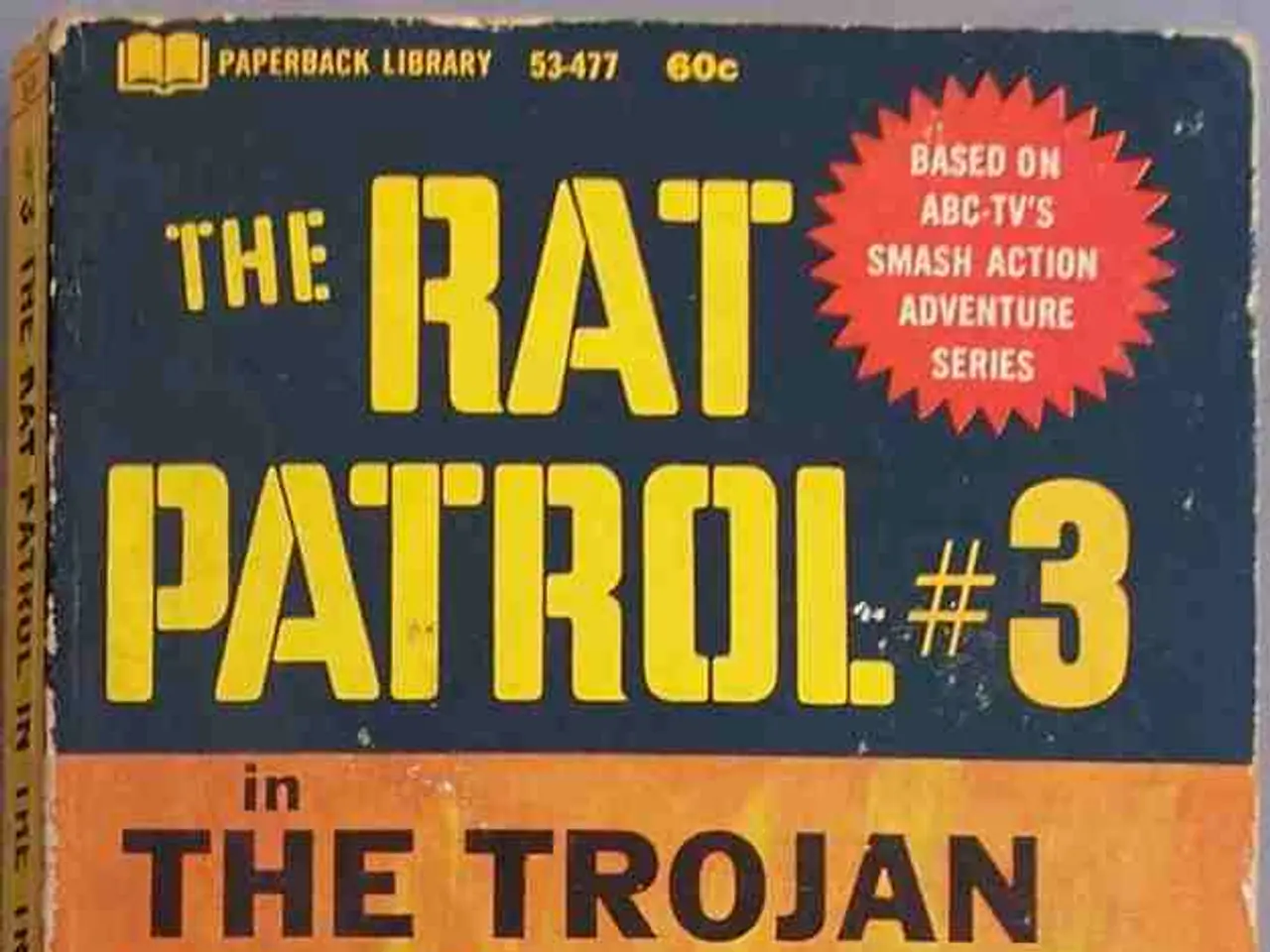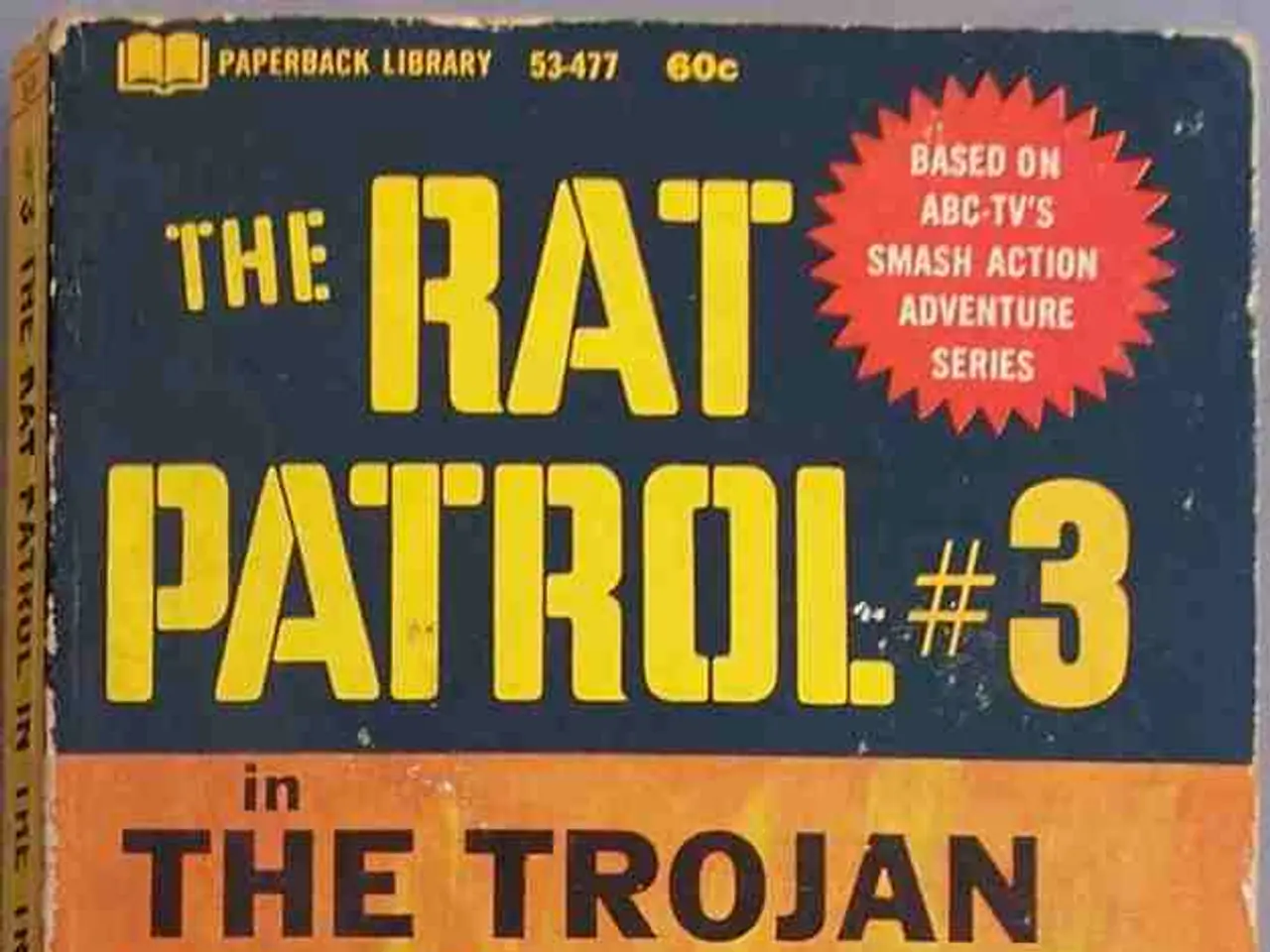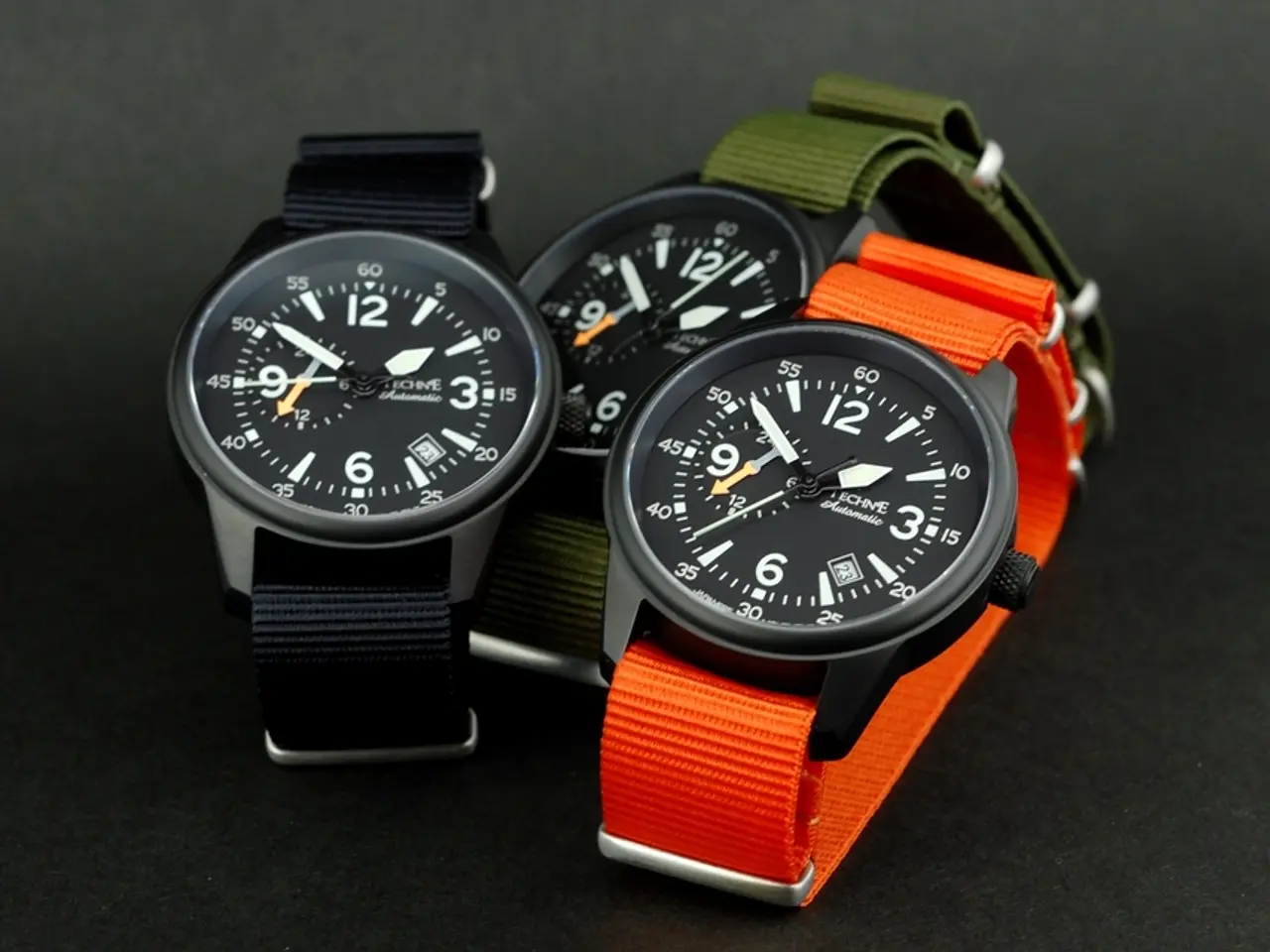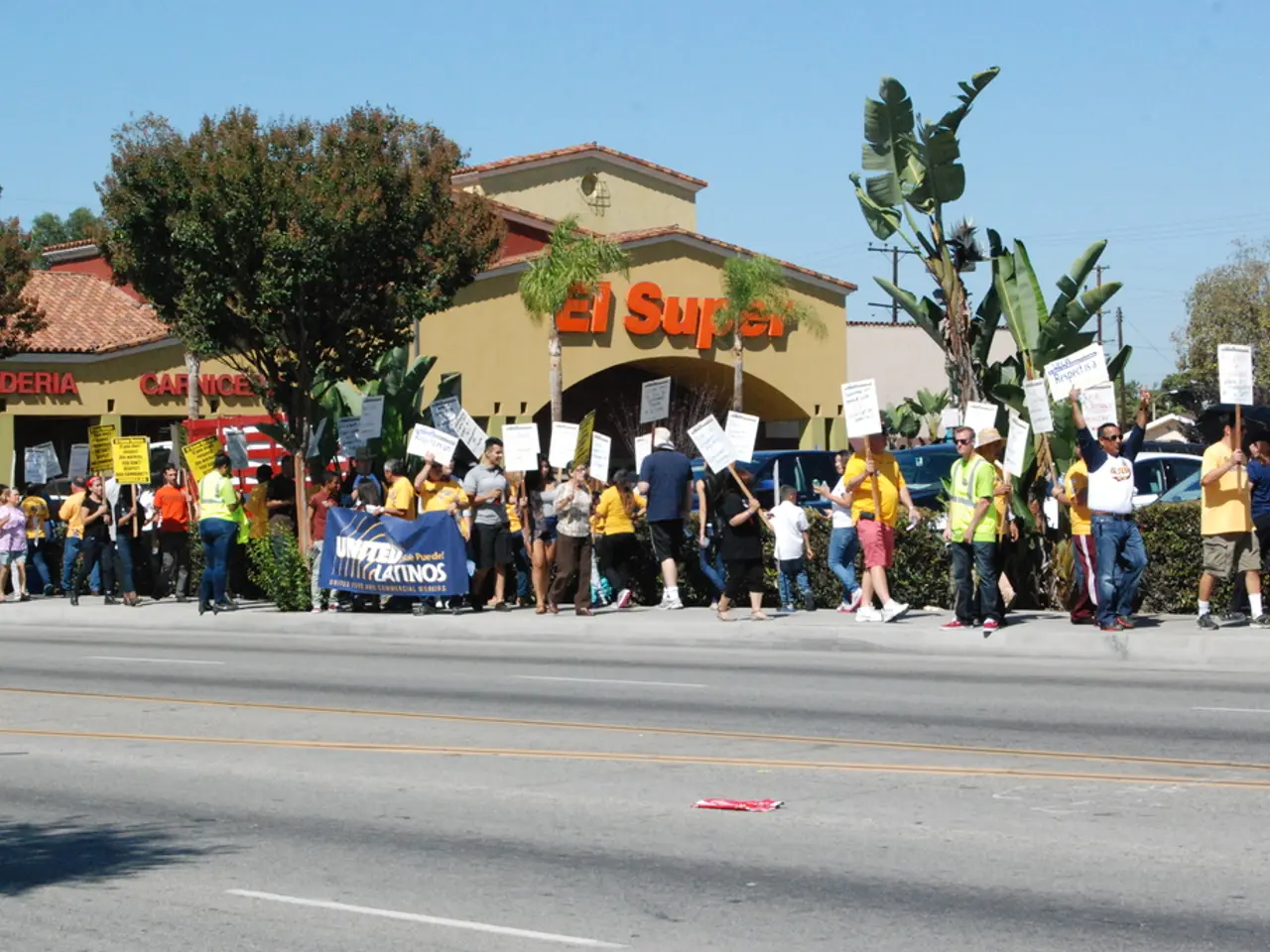Impact of War Trauma on Political Perspectives in Ukraine
In the heart of Eastern Europe, Ukraine's political landscape has undergone a significant transformation following the full-scale Russian invasion in 2022. A new study by the Competence Network Interdisciplinary Ukrainian Studies (KIU) reveals that public opinion regarding the restoration of Ukraine's 1991 borders, including Crimea and Donbas, and attitudes towards peace negotiations without preconditions are nuanced and have evolved over the course of the war.
Dr. Maksym Obrizan, an associate professor at the Kyiv School of Economics and a non-resident fellow in the interdisciplinary network of Ukrainian studies Frankfurt (Oder) - Berlin (KIU), is involved in the study. The research project investigates the impact of personal experiences with war violence on political preferences and voting behavior among Ukrainians.
According to the study, internally displaced persons show less support for military solutions, preferring diplomatic means or increased sanctions pressure to restore Ukraine's 1991 borders. Respondents who experienced severe hardships, including life-threatening shortages of essential resources, are less likely to support peace negotiations without preconditions. Conversely, smaller inconveniences, such as power outages, correlate with greater openness to unconditional negotiations and less support for further military actions.
A Gallup poll conducted in mid-2025 found that 52% of Ukrainians prefer a negotiated peace to continuing the war, marking the first time a majority favoured negotiation since the conflict escalated in 2022. This shift reflects a decline in the earlier strong support for continuing the fight, which was 73% in 2022 and 63% in 2023. Among those favouring peace negotiations, 52% agreed that Ukraine should be open to making some territorial concessions as part of a peace deal.
However, a significant portion (81% of those wanting to continue fighting) insist that victory means regaining all territory lost since 2014, including Crimea. The return to Ukraine’s full 1991 borders, including Crimea, is increasingly viewed as unrealistic by Ukrainians. Even regaining the borders held as of 2022 appears difficult. The population seems prepared to accept territorial compromises if accompanied by strong guarantees for sovereignty and security.
Ukrainian society and government strongly reject a full capitulation scenario or accepting Russian control over Crimea and Donbas with formal recognition. Instead, a so-called European scenario involving some territorial compromises but with robust security guarantees is seen as the plausible path forward.
As the people of several Eastern European cities, including Budapest 1956, Prague 1968, Tbilisi 1989, Vilnius 1991, and Crimea and Donbas 2014, have witnessed Russia's pattern of violent intervention and the crushing of democratic aspirations, it is crucial for the free nations of Europe to strengthen their support for Ukraine in its fight for peace and prosperity across Europe. The free world must recognise that as long as Russia earns enough money from oil and gas exports, it will continue to attack its neighbours.
Prominent politicians, including former presidential candidates Petro Poroshenko and Yulia Tymoshenko, publicly agree that holding elections during a war is impractical and dangerous. Only then will Ukrainians decide when and how elections will take place. The resilient Ukrainian state, united in its determination to fight for freedom and the freedom of Europe, continues to stand strong, with the hope of a stable peace and the prosecution of Russian war criminals on the horizon.
The policy-and-legislation surrounding Ukraine's war-and-conflicts, particularly regarding the restoration of its 1991 borders, is a significant focus of politics both domestically and internationally. The research conducted by Dr. Maksym Obrizan and the Competence Network Interdisciplinary Ukrainian Studies (KIU) reveals that personal experiences with war violence have a profound effect on political preferences and voting behavior among Ukrainians, influencing their stance on policy-and-legislation related to peace negotiations without preconditions.







